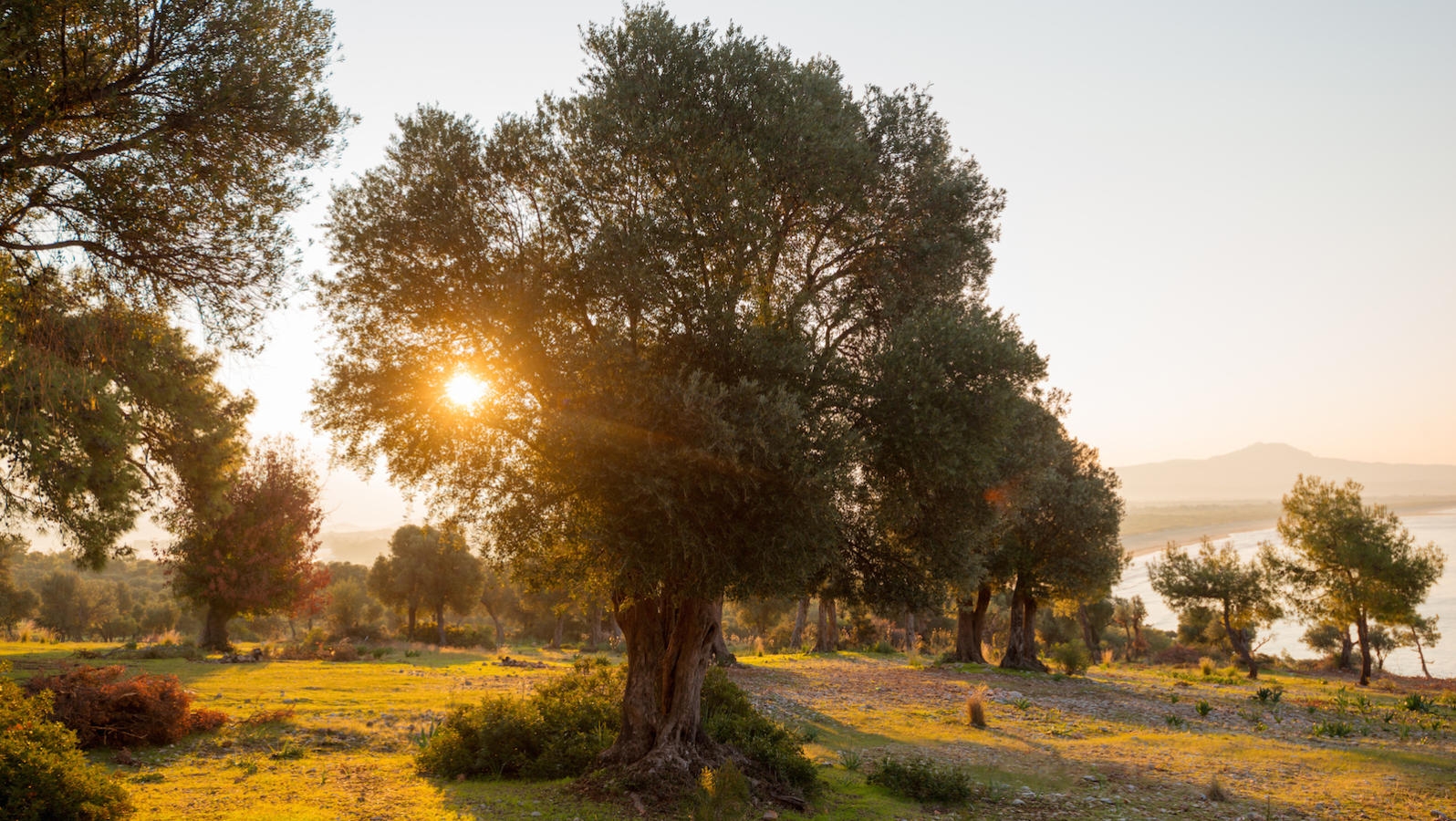The rabbis say that everything that exists on earth has a spiritual counterpart in heaven. For example, in the tefillin that a Jewish man wears on his head and his hand there are passages from the Torah that tell how close God is to the Jewish people. And the rabbis say that God, too, has tefillin, and that in His tefillin are passages which say how close to Him the Jewish people are.
I thought of this during Sukkot and wondered: perhaps in a spiritual sense God also has a sukkah. And if He does, I asked myself, what does He use for s’chach, for a roof over the top? Our s’chach is actually refuse that gets used for accomplishing the mitzvah of building a thatched hut during the holiday. My family and I use the vines cut from the vineyard after the harvest as well as corn stalks, palm leaves, and clippings from the backyard. Perhaps God’s s’chach is also refuse, but refuse from our growth.
During Rosh Hashanah and Yom Kippur we confess our sins, blunders, and blindness before God. We aim to repair these mistakes and to refine ourselves. The rabbis say that in the effort to transform ourselves into better people by turning from sin and doing teshuvah, each sin becomes a stepping stone and can be counted for the good. Each sin is raised up from the lowly place of its origin to a position of honor, for, albeit in a roundabout and unintentional way, it too has brought us closer to God.
Perhaps the husks and refuse used for s’chach on top of God’s sukkah are the sins we have discarded. As we collect old vines from the vineyard, God collects those sins that, during Yom Kippur, we were able to cut from their vital root by confession and true regret. Perhaps God raises up all this refuse and places it on His sukkah as a sign that the Jewish people have fulfilled the covenant of the Torah, not only through mitzvot, which are, so to speak, God’s harvest, but even by using their sins to transform the world and themselves for good. The uglier and lowlier the sin that was transformed to good during Yom Kippur,the more simcha (joy) it adds to God’s sukkah.
With your help, My Jewish Learning can provide endless opportunities for learning, connection and discovery.
We sing and drink our wine in the shade of the discarded vines and God sits beneath the refuse of His vineyard joyously making le-chayims (a toast meaning “to life”) with us. And as He does, delighting in His harvest, He looks up through the cuttings of the previous year and sees in them blessings.
This article is reprinted with permission from Sh’ma: A Journal of Jewish Responsibility.
Rosh Hashanah
Pronounced: roshe hah-SHAH-nah, also roshe ha-shah-NAH, Origin: Hebrew, the Jewish new year.
sukkah
Pronounced: SOO-kah (oo as in book) or sue-KAH, Origin: Hebrew, the temporary hut built during the Harvest holiday of Sukkot.
Sukkot
Pronounced: sue-KOTE, or SOOH-kuss (oo as in book), Origin: Hebrew, a harvest festival in which Jews eat inside temporary huts, falls in the Jewish month of Tishrei, which usually coincides with September or October.
tefillin
Pronounced: tuh-FILL-in (short i in both fill and in), Origin: Hebrew, phylacteries. These are the small boxes containing the words of the Shema that are traditionally wrapped around one's head and arm during morning prayers.
Torah
Pronunced: TORE-uh, Origin: Hebrew, the Five Books of Moses.
Yom Kippur
Pronounced: yohm KIPP-er, also yohm kee-PORE, Origin: Hebrew, The Day of Atonement, the holiest day on the Jewish calendar and, with Rosh Hashanah, one of the High Holidays.



